
- About Us
- Products
-
Applications
 Energy Storage
Energy StorageLarge-scale ESS
Commercial & Industrial ESS
Residential ESS
Household Balcony Power SS
Portable Energy Storage
 Green Mobility
Green MobilityElectric Bike
E-scooter
Light electric vehicles
E-Motorcycle
 Intelligent Equipment
Intelligent EquipmentHome surveillance
Robotic vacuum cleaner
 Consumer Electronics
Consumer ElectronicsPower Banks
Bluetooth devices
Medical Instruments
-
R & D
- News Center
-
Contact Us
 EN
EN 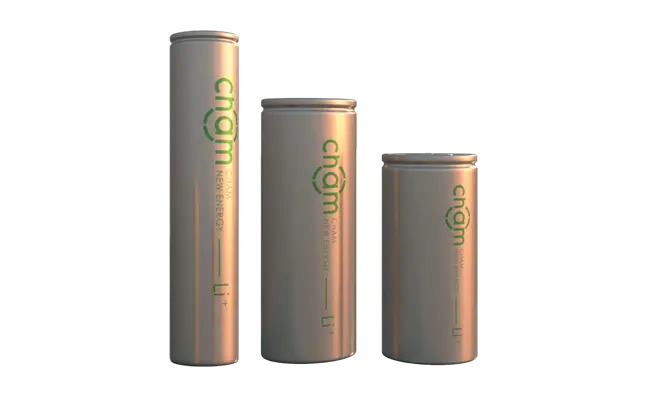
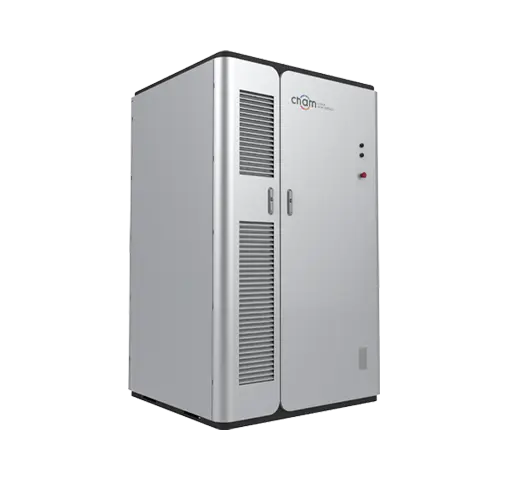
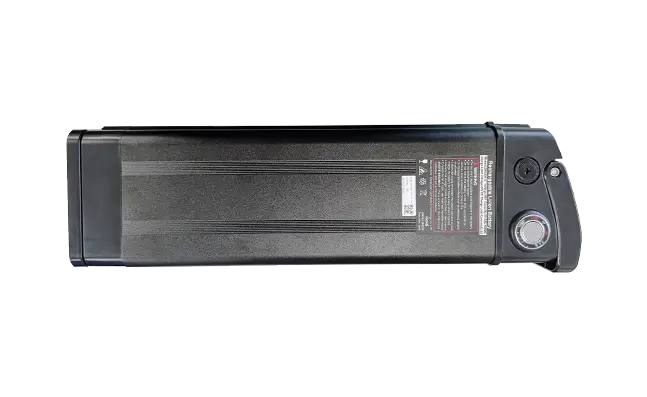
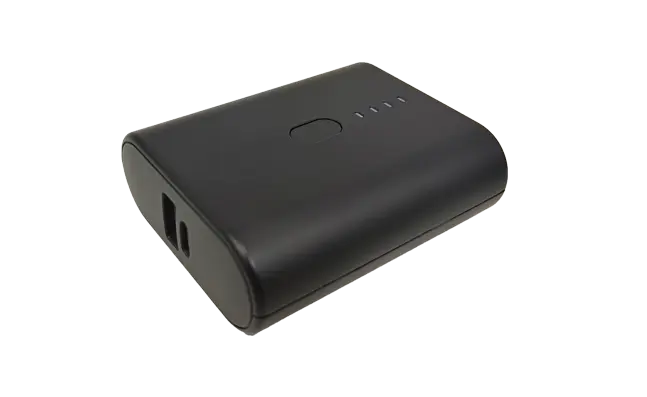


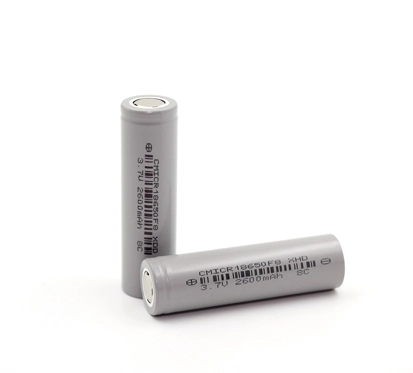



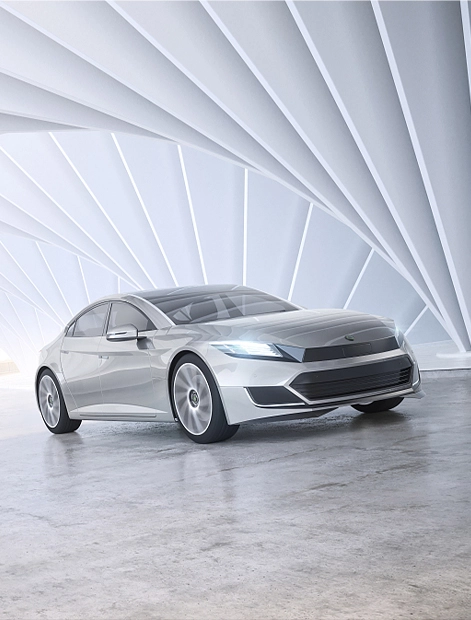


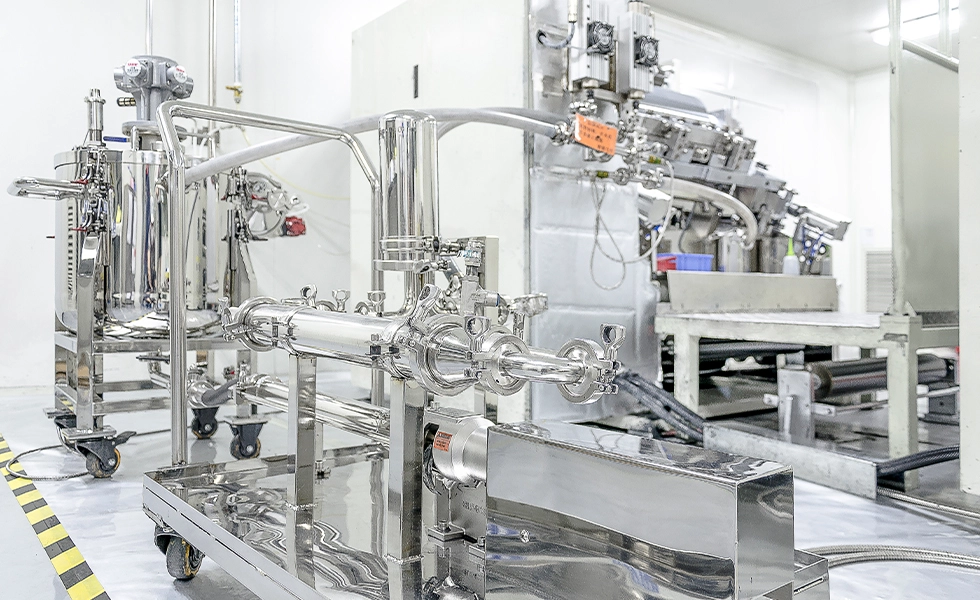
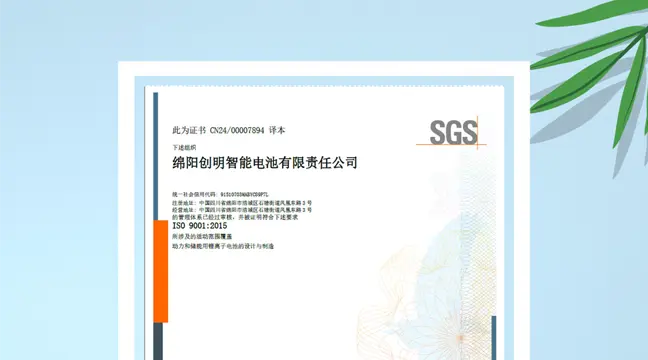
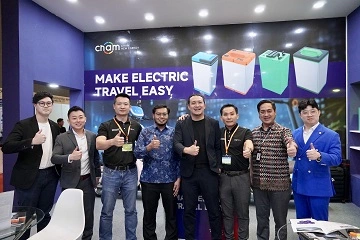
![[Mianyang CHAM]: One of the First Five Companies Nationwide to Complete 1000-Cycle Sodium-Ion Battery Life Evaluation_copy20241202 [Mianyang CHAM]: One of the First Five Companies Nationwide to Complete 1000-Cycle Sodium-Ion Battery Life Evaluation_copy20241202](/uploads/image/20241202/09/6c0fc22486e7174ee9d49c7860d304c7compress---副本.webp)
